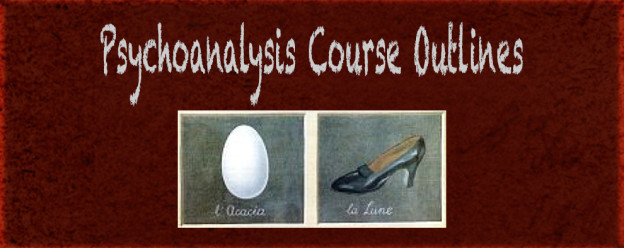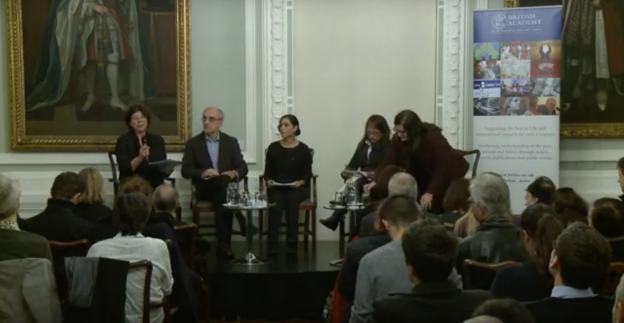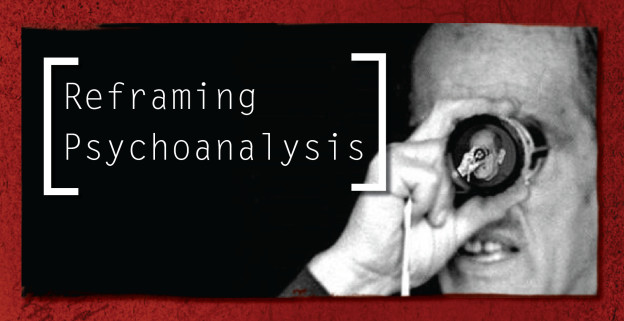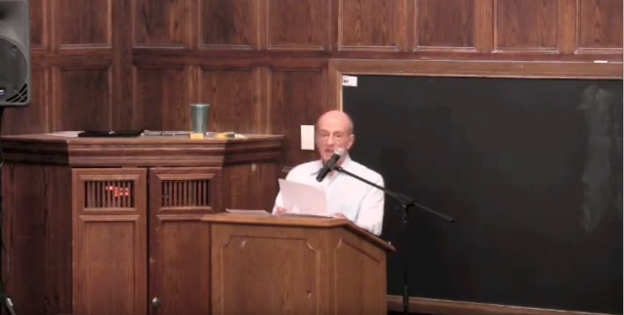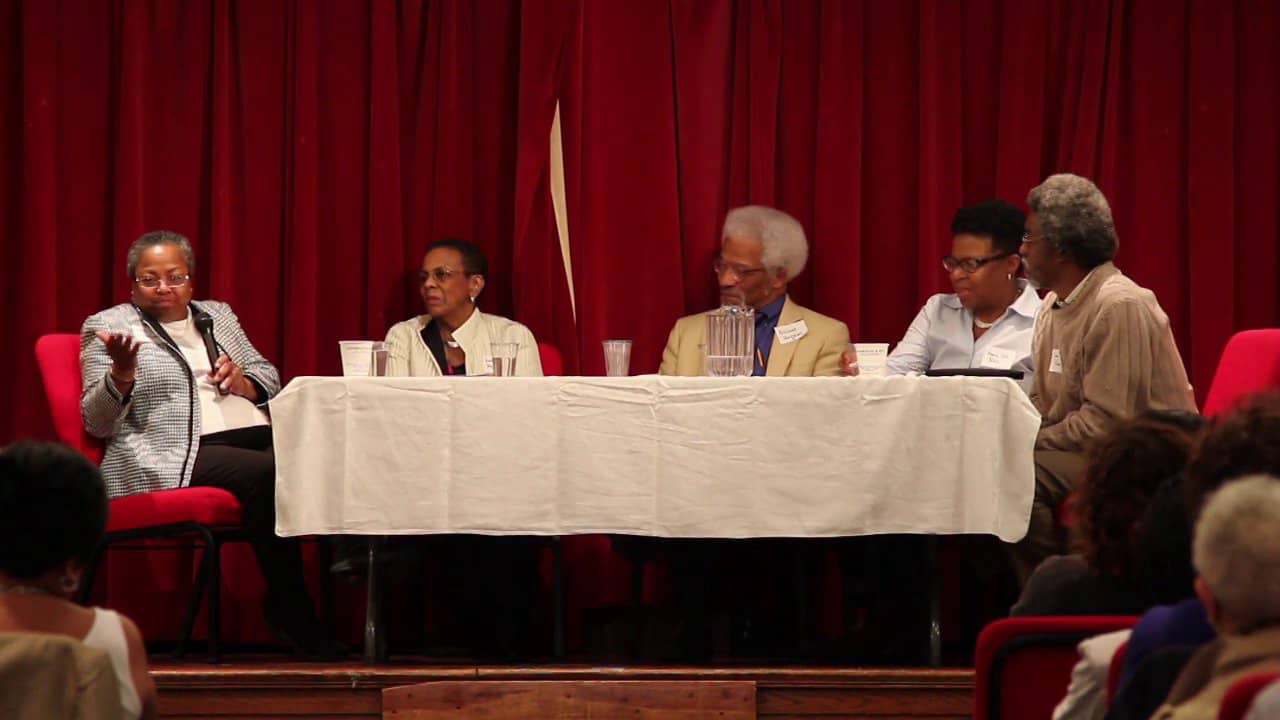
Black Psychoanalysts Speak (Basio Winigrad, 2014, PEP Video Grants 2014): a fascinating online film, exploring the history, theory and practice of psychoanalysis through the experience of black analysts:
In the field of psychoanalysis, it’s been minimized how profound the trauma of racism actually is.
–Anton Hart
The issue of race so prompts excessive anxiety that it blocks off our capacity to think. …. The mind, to me, has a social context to it. It’s always social. It’s always relational. …. Women begin to challenge a lot of the sexist theoretical constructs and analyze psychoanalysis. I think that’s what other folks can do as well. People of color can show psychoanalysis its inherent racist structure.
–Kirkland Vaughans
Yet our psychoanalytic institutes have largely turned away from the big picture, the ills and inequalities of our cultures, and instead have focused on training and treating the relatively privileged. People whose problems can be narrowly conceptualized as stemming from their family relationships. People who seem, at least for a time, to be relatively immune to the traumas of history and cultural conflict. …. Psychoanalysis was for very long, and I think correctly seen, as patriarchal. And that’s really changed enormously. The issue of gender and sexuality is central to psychoanalytic curriculum. Whereas the issue of race, class, ethnicity is not
–Michael Moskowitz
Freud understood that poverty and racism can profoundly affect a person’s well being. And he said, I never expected to go so far because of the poverty and conditions of my youth.
–Dorothy E. Holmes
I point out to my white liberal friends that never have they ever made a white referral to me. It’s always black folks. I refer all kinds of folks to them all the time. Part of it is, I think, racism. And part of it is also economics. Because as I said, if that person’s got good insurance, they could come from the Saharan Desert. They’re going to keep that person. This needs to be interrogated. This needs to be looked at. And that has not happened in psychoanalysis.
–C. Jama Adams
The video is online at http://www.pep-web.org/document.php?id=pepgrantvs.001.0001a and https://vimeo.com/65901234

